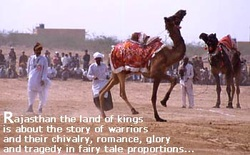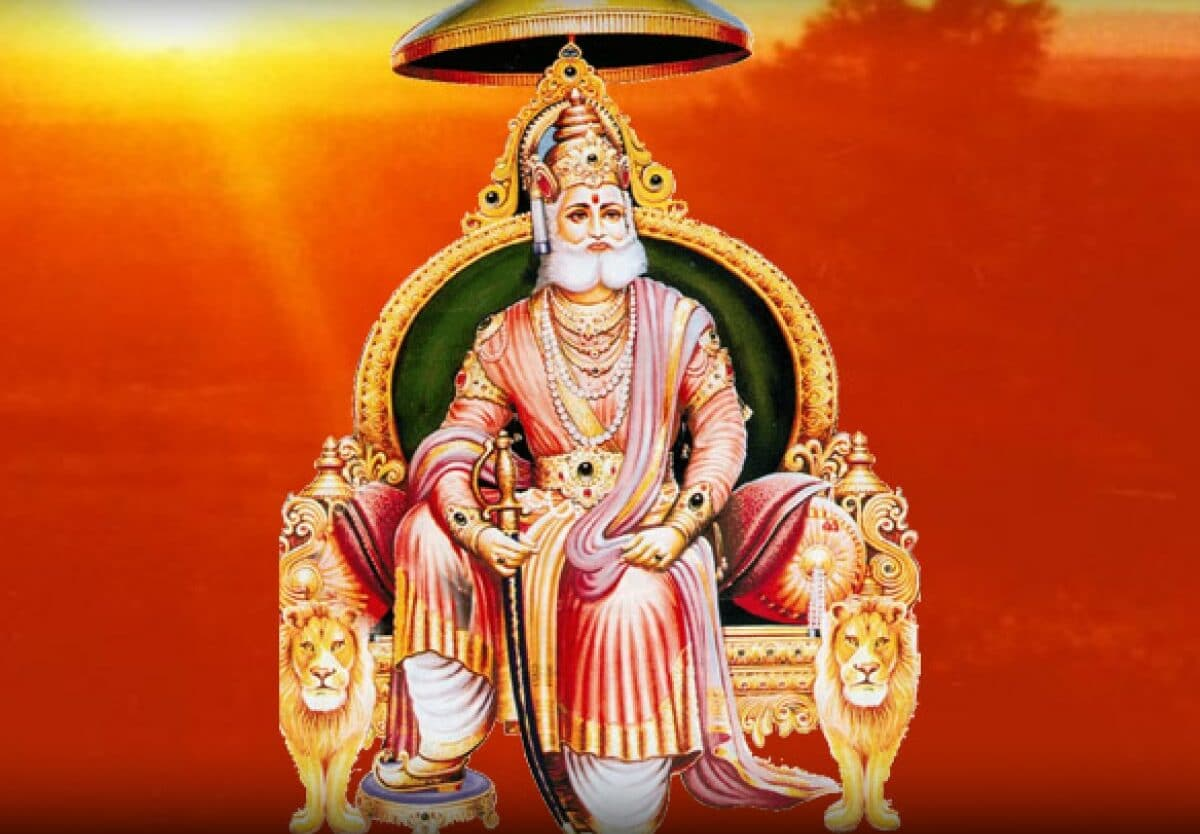We NAGELIAS & Our Ancestors
Our homeland: Rajasthan
India (Bharat varsha) is a holy part of the world we live in. By religion India is a secular country. The heritage of India is very vast. Each and every state of independent India plays a role in enhancing the rich Indian culture. Ancient Geographers referred India as being “constituted with a four-fold conformation” (chatuh samasthana samsthitam), on its South, West and East is the Great Indian Ocean, the Himalaya range stretches along its north like the string of a bow.
In this great land of India, Rajasthan is one of the 27 states. Rajasthan plays a crucial and unique role, especially with regard to the development of Indian culture. Its impressive story reaches through a heroic past. Its extravagant splashes of bright hues against the desert landscape and the purity of its dry and sandy reaches, the miniature elegance of its small villages and impeccably maintained forts brings alive the story of the yore. The appearance of its grand forts perched on rocky hills still tell the story of the bravery of its men and the stoic sacrifice of its women, and the chivalrous old world manners of all.
The magic of Rajasthan is unequalled in the world for its heritage, culture, safaris, sand dunes and lush green forests with its wildlife. Pratapnagar an ancient city of present day Rajasthan, was ruled by Raja Ballabh, a suryavanshi (lineage from the Sun) kshatriya king. Agrasen was the eldest son of Raja Ballabh born during the last stages of Dwapar Yuga. According to current calendar the birth of Maharaj Agrasen took place about 5185 years ago. Prince Agrasen was very well known for his compassion. He never discriminated against anyone and the subjects were very pleased with the way he conducted himself.

Ancestry

Agrasen
Later, Agrasen started a severe tapasya (penance) to propitiate Lord Shiva in the city of Kashi. Shiva was pleased with the penance and advised him to propitiate Goddess Mahalakshmi. Agrasen again started meditating on Mahalakshmi, who appeared before him and blessed him. She urged Agrasen (who was a Kshatriya) to take up the Vaishya tradition of business for the sake of the prosperity of his people. She asked him to establish a new kingdom, and promised that she would bless his descendants with prosperity and wealth. Agrasen then travelled all over India with his queen to select a place for a new kingdom. At one point during his travels, he found a few tiger cubs and wolfs cubs playing together. To King Agrasen and Queen Madhavi, this was an auspicious indication that the area was Veerabhoomi (land of the brave) and they decided to found their new kingdom at that location. The place was named “Agroha”. Agroha is presently situated near Hisar in Haryana.
Maharaja Agrasen became the legendary Indian king of Agroha, a city of traders, from whom the “Agarwal” clan traces its origin. Agrasen fathered 18 children and later on he divided his kingdom among his children, resulting in eighteen gotras. Often, the number of gotras is stated to be seventeen. Some sources attributed the half gotra to the illegitimate offspring. Another version suggests that Agrasen proceeded to conduct 18 mahayajnas (”Great yajnas”). During one such yajna, Agrasen noticed that a horse that had been brought to be sacrificed was trying hard to get away from the sacrificial altar. Seeing this Maharaj Agrasen was filled with compassion for the animal. The idea of ahinsa (non-violence) grabbed his mind. Therefore, he put a brake to his eighteenth yajna, announcing that no sacrifices will be made in his kingdom in name of yajnas. Thus, the eighteenth yajna wasn’t completed and Agrasen had performed seventeen and a half yajnas. The gods appeared before him and blessed him with seventeen and a half gotras. In the later part of his life, Agrasen nominated his eldest son Vibhu to the throne and took up the Vanaprastha ashram.
The Agrawals
The prosperity of Agroha, caused heartburn in many of the neighbouring kings and they frequently attacked it. Because of these aggressions, Agroha had to face numerous problems. In due course, the strength of Agroha was sapped. A huge fire engulfed the city of Agroha. Because of the fire, the citizens of the city fled and dispersed into various areas of Bharat and Rajasthan. Today, these same people are known by the same 18 gotras that was given to them from their gurus and carry on the fame of Maharaj Agrasen. Many Agrawals have adopted their gotra name as their surname. Many others use surnames linked with the place of their origin. Eg: Nagelia, Jhunjhunwala, Kanwatia, Gindodiya, etc.
